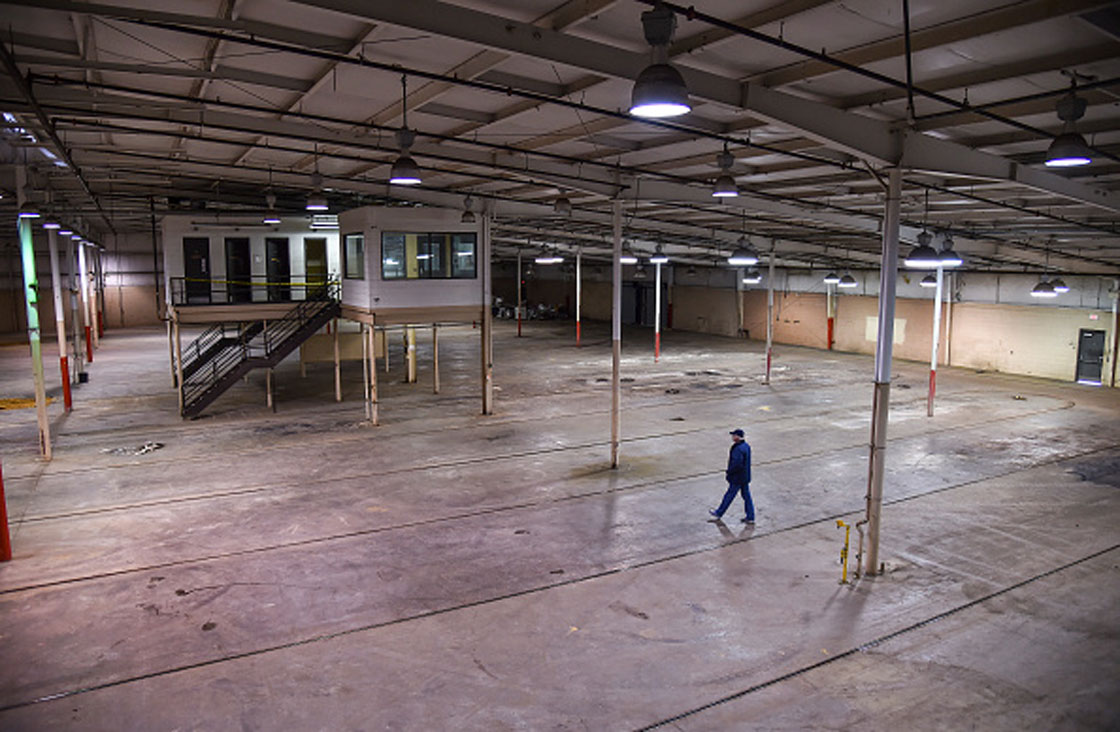Job numbers out from Statistics Canada Friday were surprisingly upbeat on the surface, with the economy pumping out a resilient 22,800 net new positions last month despite a deepening shock from crumbling oil and commodity prices.

Beneath the surface though there is significant regional variance, with trends that have persisted through all of last year deepening in the final month of 2015 – namely, that it’s not just jobs that are disappearing from Alberta and other regions hit by the slump.
People are, too.
“You’re seeing migration flows pretty much stall to cities like Calgary, and population growth picking up in places like Toronto and Vancouver,” Robert Kavcic, an economist at Bank of Montreal, said.
‘It’s really turned around from what we’ve been used to for the past five to ten years.’
Perhaps not surprisingly, people are moving to where the work is.
Ontario added a hefty 34,900 jobs last month, Statscan’s latest jobs report shows, the province accounting for most of the strength in the job market last month.
MORE: Economy pumps out surprising number of jobs, led by Ontario gains
Population growth in Toronto has ticked to 1.7 per cent or well above the national average. It’s not just Toronto experiencing an influx of workers, either, Kavcic said, with cities across southern Ontario seeing a “robust” uptick in population growth.
Momentum has also been building across the country in Vancouver and surrounding areas this past year as the oil and commodity shock has wore on in resource-dependent regions.
Employment fell by 3,900 jobs in Alberta last month while payrolls dropped by 4,600 in Saskatchewan.
“The provincial breakdown reflected the diverging trends in economic prospects,” David Madani, an economist at Capital Economics in Toronto, said.
WATCH: Bank of Canada Governor Stephen Poloz said this week there is no simple policy to respond to the economic impact of plunging commodity prices.

Moving back
British Columbia actually posted a drop in employment in December, losing 7,900 positions, Statscan said, but B.C. posted the highest job growth rate in the country last year, at 2.3 per cent.
That’s a far cry from the decade leading up to 2014, when the resource slump first took hold, Kavcic said.
“You were seeing net migration flows out of British Columbia into Alberta, because that labour market was extremely tight.”
The more diversified economies of B.C. and Ontario (as well as Quebec) are now pulling workers the other way, the BMO economist said.
“What you’re seeing is people moving back from Alberta to B.C. now.”


Comments